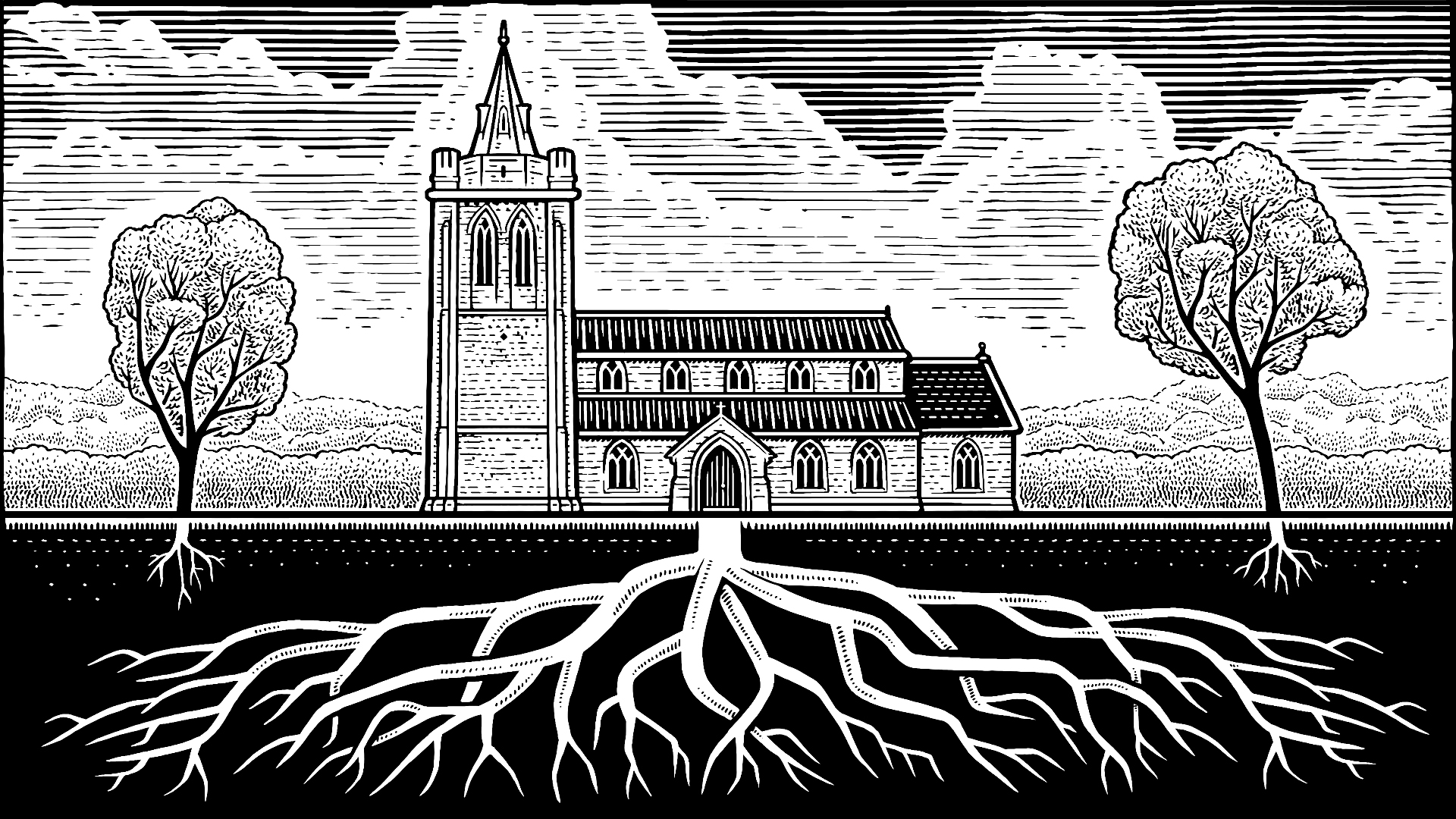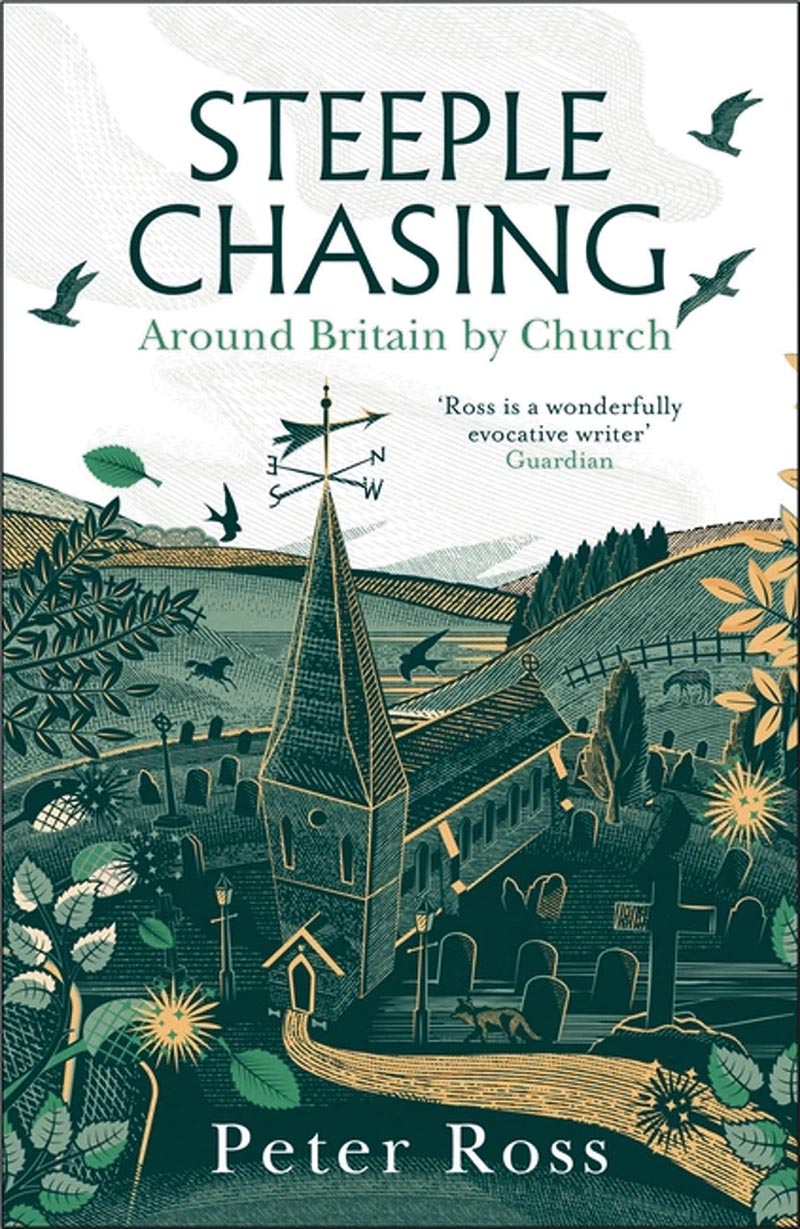On a cold London day, in that strange interval between the Queen’s funeral and King’s coronation, I attended Westminster Abbey for evensong. Seated behind the choristers in their white surplices and stiff ruffs, I looked up from the order of service to the choir stalls opposite. There sat an old man with silver hair worn longish, Beatle-ish, with a bright orange scarf draped, rather like a stole, around his shoulders. Oh, I thought, is that Tom Courtenay?
It was. The actor was there to attend a wreath-laying at the memorial to Philip Larkin and to read a poem, An Arundel Tomb: ‘What will survive of us is love.’
This was a happy chance. I had been thinking a lot about Larkin. I had come to realise that his work had somehow got inside mine. Two poems in particular seemed to be at the heart of a book I had written, Steeple Chasing: Around Britain By Church.
The first is Church Going, perhaps Larkin’s best-known poem, in which he – drawn into the building despite his scepticism – finds it “a serious house on serious earth”, a place made serious by the long years during which people came to marry, baptise and bury those they loved.
This is my feeling about old churches: that the stones have absorbed the love and grief, sorrow and joy of many generations, so that what we sense when we enter, especially if alone, is not just the smell of dust and damp but the accumulated ache of centuries of human experience.
I felt this again and again as I travelled the country, this connection between present and past. In the village of North Grimston, Yorkshire, a little girl called Clemmie was baptised in a font that had been carved in the early years of the Norman conquest. The people who had made this object were in many ways very different from us – they spoke a different language for a start – and yet they would have experienced the same emotions, the same heart-clutching hope and pride, when their children were baptised as Clemmie’s mum and dad felt as they lifted her to the font and settled her by stroking her hair.










